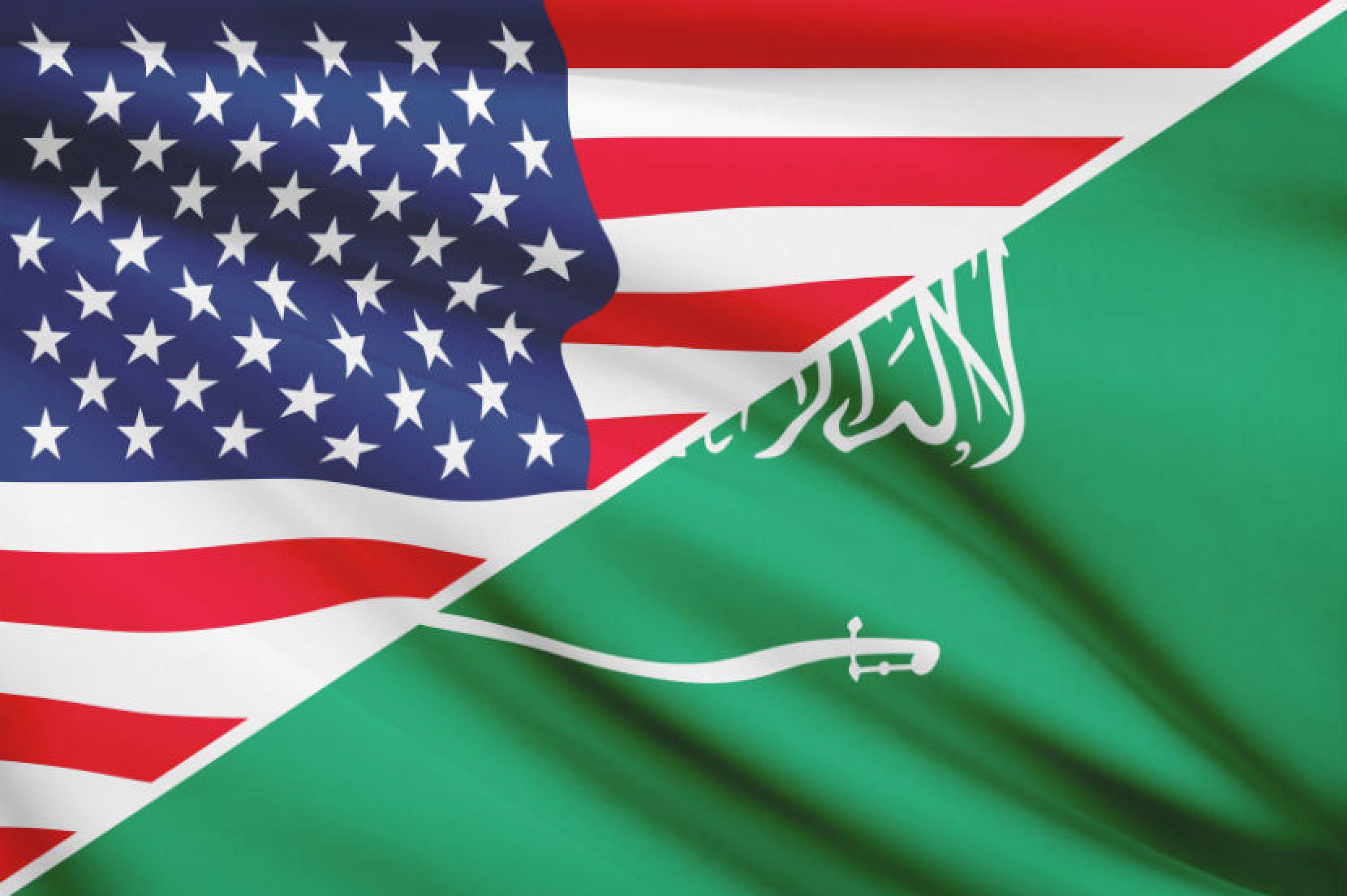By: Alexander Sileo
Despite numerous attempts by the international community to resolve the conflict in Syria between rebel groups and President Bashar al-Assad, the civil war continues to ravage the country and take countless lives. The uprising began as a product of the Arab Spring, a series of similar rebellions in countries such as Tunisia, Egypt, and Libya. However, Syria’s revolt has lasted for over a year; according to the United Nations (UN), it has led to roughly 17,000 casualties. The UN initially struggled to effectively respond to the crisis due to dilemmas involving the permanent members of the Security Council. Secretary General Ban Ki-moon has attempted to halt the violence and start a process of peaceful negotiations through observer missions, but former Secretary General Kofi Annan’s ambitious peace plan failed and he resigned earlier this month. The international community’s failure to peacefully resolve the conflict in Syria showcases the current disorder of the United Nations Security Council (UNSC) and demonstrates the need for institutional reform.
The main problem for the UNSC has been the veto power of the five permanent members (United States, United Kingdom, Russia, China, and France). Article 27 of the Charter of the United Nations addressed the veto power and states that “decisions of the Security Council on all other matters shall be made by an affirmative vote of nine members including the concurring votes of the permanent members.” In July, China and Russia vetoed a UNSC resolution which would have placed further sanctions on Syria. Both China and Russia have particularly avoided infringing on another nation’s sovereignty through UN resolutions so as to limit any potential for international organizations to infringe on their own sovereignty. This veto effectively blocked any potential progress by the UN.
Since the veto capabilities of the five permanent members are enshrined in the UN charter, there will need to be major reform if the UN wishes to fix this problem. There have been numerous proposals on how to fix the veto problem of the UNSC. Some scholars argue that the veto power is unnecessary. But if there is no veto, then important global issues could be decided by a simple majority. While democratic institutions thrive on majority rule, they also require minority rights. There would need to be some safeguards to prevent a group of countries from imposing their views on other members of the international community through a prominent international organization.
Other proposals argue that the veto should only be used by permanent members if the issue involves matters of national security for that particular member. China often vetoes resolutions that affect or comment on its own policies, but has also vetoed some of the resolutions regarding Syria. This proposal would attempt to limit China’s ability to use the veto procedure, but it also raises the question of what constitutes national security. With the rise of terrorism and non-state actors, countries such as Russia would be able to argue that the Syrian issue is a threat to Russian national security.
While each of these suggestions has merit, the main problem with UN veto reform is the reform process itself. Article 108 of the Charter of the United Nations states “amendments to the present Charter shall come into force… when they have been adopted by a vote of two thirds of the members of the General Assembly… including all the permanent members of the Security Council.” The five permanent members of the UNSC would have to all agree to limit their own political power in the international organization. This is an extremely unlikely event. Some permanent members have agreed to previous proposals to add more member countries (India, Germany, Brazil, and Japan) to the UNSC, but no country has ever agreed to limit their own power in the UN. Some scholars argue that the UN General Assembly can overrule the UNSC on major issues regarding international security, but there has never been enough support to attempt such a move and it is unclear that the situation in Syria would be considered such an event.
The Syrian uprising needs a new peace proposal from the UN. Although the international community has attempted to end the conflict numerous times, fighting continues in Syria and shows no signs of stopping. As the UN becomes increasingly involved in international affairs relating to human rights, the need for an efficient process within the organization becomes greater. The UN must work towards reforming its own institutional procedures in order to better address international crises. The UNSC in particular will need new reforms if the organization wants to be effective in the future.

